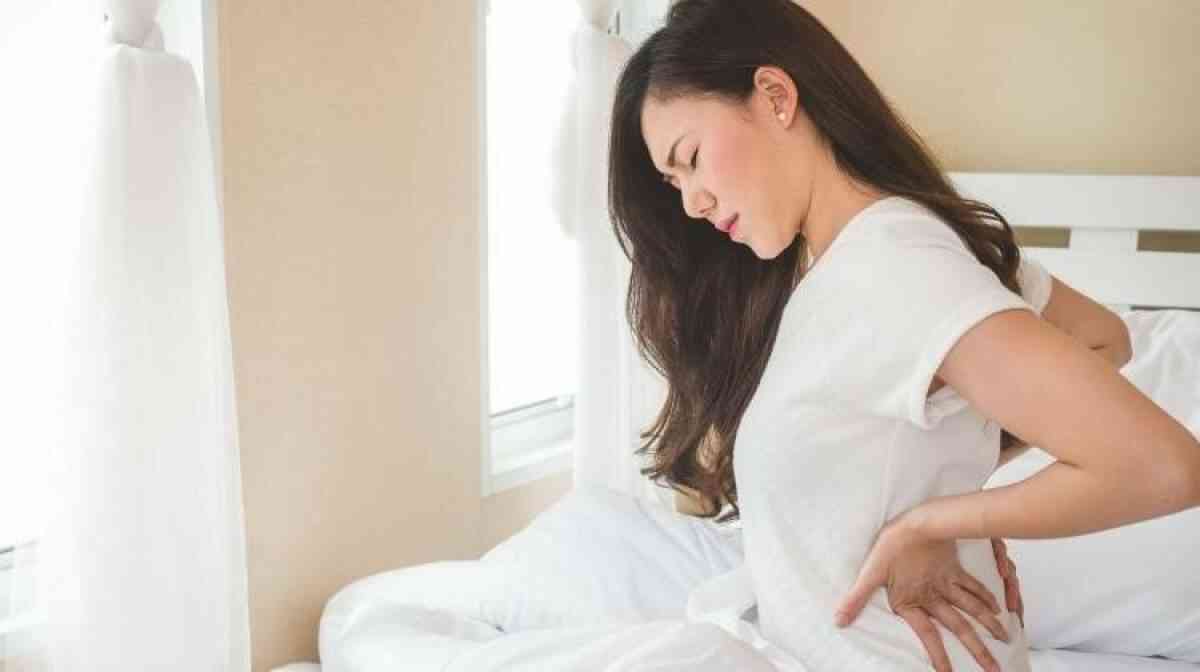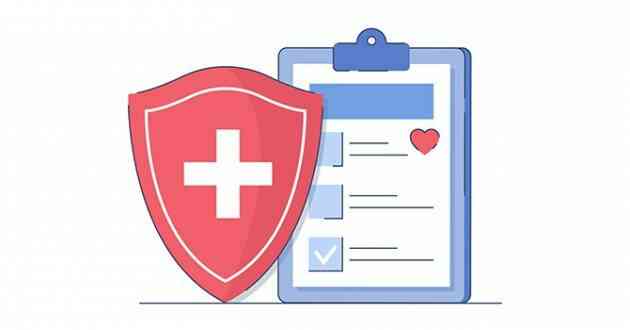7 Crucial Things To Do If You Have Kidney Stones
- - Category: Diseases & Conditions
- - 28 Apr, 2022
- - Views: 498
- Save

If you’ve ever had a kidney stone you probably know how unpleasant it can be
If you’ve ever had a kidney stone you probably know how unpleasant it can be. Luckily, this problem is preventable. To avoid another kidney stone, you just need to make some lifestyle changes and take certain medications.
One of the most important preventive measures is to consume enough water. Consuming enough water not only makes you pee more frequently, but it also makes your urine less concentrated with waste products. The more you pee, the lower the risk that these stone-causing minerals will remain in your kidneys and bond together to form kidney stones.
To understand if you consume enough fluids pay attention to the color of your urine. If the urine is dark yellow, you’re perhaps dehydrated. The urine should be as clear as possible.
Your diet matters as well. If you’ve had a kidney stone in the past, it’s worth considering certain dietary changes depending on the type of stone you’ve had. Keep in mind: regardless of the levels of effectiveness of shockwave therapy, alpha-blockers, surgery or oher treayments performed by a nephrologist, you still need to eat a healthy balanced diet.
If you've never had a kidney stone before, following a healthy, balanced diet will help you avoid the problem in the future. Here are some essential dietary changes that should be a part of kidney stone prevention.
1. Limit your protein intake
It’s important to reduce the consumption of animal proteins, like beef, chicken, pork, fish, and eggs. These foods are high in protein, which in large amounts might contribute to uric acid kidney stones.
Plus, protein can raise the amount of calcium in the urine and lower the amount of citrate. A citrate is a form of citric acid that inhibits stone formation. It’s also essential to avoid over-the-counter protein supplements.
If you can’t figure out how much protein you need to consume per day, check with your healthcare provider to make sure your consumption is on track and you’re not limiting intake too much, protein is crucial for your overall health.
2. Eliminate cola from your diet
Cola has the chemical compound called phosphate, which can cause kidney stones. Phosphate tends to bind to calcium in the urine forming calcium phosphate stones. Plus, cola is high in sugar or fructose corn syrup, which can also result in kidney stones.
3. Limit your sugar consumption
Food and drinks that have high amounts of natural and added sugars can raise your risk of kidney stones. When you eat sugar, your urine calcium levels rise and your urine volume goes down, resulting in kidney stones.
4. Eat a balanced diet
A balanced, healthy diet consisting of fruits and vegetables, whole grains, and legumes is necessary for people having any type of kidney stones. Following a healthy diet ensures that you consume adequate amounts of potassium, magnesium, and citrate, which are all nutrients that play a role in preventing kidney stones.
5. Limit your consumption of oxalate-rich foods
If you’ve had calcium oxalate stones, you need to consume fewer foods high in oxalate, including beans, berries, nuts, soy, sweet potato, wheat bran, and dark green vegetables. Since these are all nutrient-dense foods, you should talk to your healthcare provider first to determine whether you should cut down though.
6. Consume calcium-rich foods
Though high levels of calcium in the urine increase your risk of kidney stones, this doesn’t mean you should avoid eating calcium-rich foods. Calcium can actually deter substances in the digestive tract that lead to kidney stones. Consider speaking with your dietitian about how much calcium you need every day.
7. Limit your sodium intake
Eating too much sodium can lead to kidney stones by raising the amount of calcium in your urine. In fact, high urine calcium levels account for most kidney stones. Salt can also provoke high levels of the amino acid cystine in the urine, leading to cystine stones.


